The Poetry Center is pleased to announce the Fall 2019 season of classes and workshops, an exciting mix of generative poetry studios, lively workshops, and rigorous writing seminars in both poetry and prose. Registration opens for all of our classes on August 14, 2019 at 11:00am.
We're also thrilled to be able to continue to offer four need-based full scholarships for the spring. The Arnold Greenfield Scholarships program covers the full tuition cost of a course offered in the Classes & Workshops program. The scholarships are valued anywhere from $60 (for a single-session craft class) to $164 (for a multiple-week workshop), according to recipient interest. The application is simple, and any community member is eligible to apply for a scholarship if they can attest to personal financial need. Selection is by lottery. Applications open TODAY July 17th, and the deadline is set for July 30, so please spread the word to working writers for whom tuition would otherwise be a prohibitive financial strain.
Javier Zamora
Engagement in Poetry/ Engaged Poetry
Wednesday
September 11, 6 – 8 PM
Tuition: $60
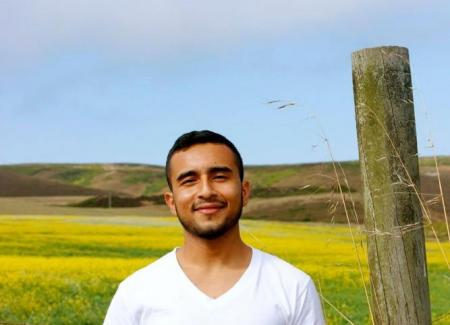
What keeps us engaged? What drives us down the page to the end of the poem? We will explore “speed” or “momentum,” by analyzing poems that keep our attention. But also, we will explore how as writers, we can be engaged with our surrounding world, to the point that we must do something about it. We will look at poems that have been a “call to arms” of sorts. To inspire our creativity, we will look at the current headlines to draw poetry from the media. This workshop will be half generative and half revision.
Wren Awry
Food is Connected to Everything: Writing the Culinary Essay
Tuesdays
Oct 15 – Nov 5, 6 – 8 PM
Tuition: $132
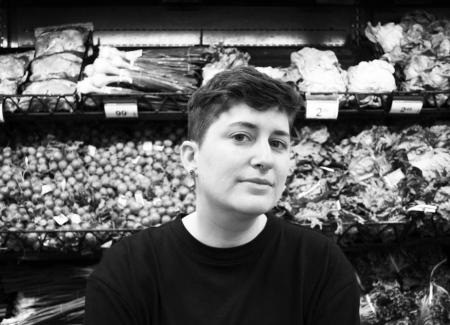
“Writings about food are necessarily as diverse as writings about any art … and as illuminative of the things that matter because food is connected to everything,” writes Betty Fussell in “Eating My Words,” an essay that fiercely defends the culinary as a serious literary subject.
In this 4-week writing workshop, we’ll explore our lives and the world around us through a culinary lens. We’ll read authors like Michael Twitty, Denise Chávez, Virgie Tovar, the Kitchen Sisters, Joe Watson, and Natalie Lima; and essays that touch on everything from prison cooking to the African influences in United States’ cuisine to childhood memories of rolled tacos and biscochos. Taking inspiration from these writers, we’ll experiment with memoir, personal essays, and reported nonfiction. We’ll ask: How can we use craft to turn culinary memories into compelling essays? How can food writing catalyze important conversations, and illuminate social and political concerns? How can we effectively communicate that food is, as Betty Fussell writes, “connected to everything”?
Students will have the opportunity to submit one short essay for workshop. This course is designed to be open to all levels of writers.
Stephanie Pearmain
Picture Books: Writing Children’s Stories for a Competitive Market
Tuesdays
Oct 15 – Nov 12 (no class Nov 5), 6 – 8 PM
Tuition: $132
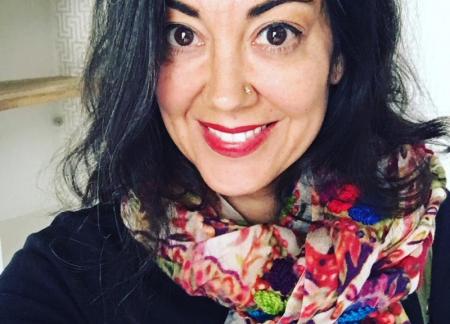
This course will explore the wide world of children’s picture books and examine the complexities of these books that many people think are so easy to write. While Dr. Seuss and other fun rhyming books might first come to mind when thinking about writing a book for young readers, in today’s market these are rarely the books agents and editors are looking for. Participants in this workshop will gain an understanding of the design and narrative structure of picture books, how text interacts with illustration, trends in the publishing market, and how to write an engaging story. Participants will create picture book dummies, receive feedback on their writing from other participants and the instructor, and revise their work.
Katherine Larson
Lyric Essays: Experiments with Found and Invented Forms
Wednesdays
Oct 16 – Nov 6, 6 – 8 PM
Tuition: $132
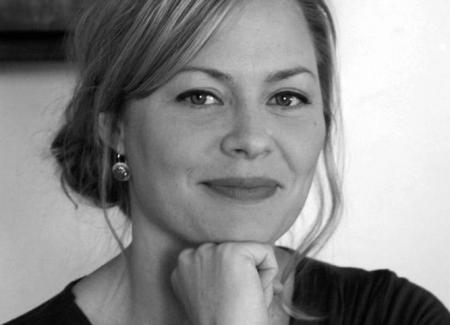
“We turn to the lyric essay—with its malleability, ingenuity, immediacy, complexity, and use of poetic language—to give us a fresh way to make music of the world.” -Deborah Tall
Slippery by definition, lyric essays break the boundaries of traditional form, combine conventions of different genres, and oftentimes deeply invest in acts of inquiry, excavation, experimentation, polyvocality, and curation. As Deborah Tall and John D’Agata mention in their formal introduction of the term (Seneca Review, 1997), the lyric essay “give[s] primacy to artfulness over the conveying of information . . . forsake[s] narrative line, discursive logic, and the art of persuasion in favor of idiosyncratic meditation.” While the lyric essay manifests in myriad forms, in this seminar we will explore some of the forms that tend to be used with some frequency: braided, collage, and “hermit-crab” essays, in addition to flash nonfiction and prose poems.
Lyric essays are unique in the ways they can enable a writer to explore innovative approaches to old material, make use of formal constraints to inspire new possibilities, allow for the integration and/or curation of found artifacts, provide a means to experiment with difficult, copious, or fragmentary material, and invite readers to engage with participatory forms of language and synthesis. We’ll discuss formal aspects of craft as well as specific circumstance in which working with the form of the lyric essay may prove, for poets and nonfiction writers alike, distinctly compelling.
Brandon Shimoda
About Our Ancestors: The Poetics of Postmemory
Wednesdays
Oct 16 – Nov 13, 6 – 8 PM
Tuition: $164
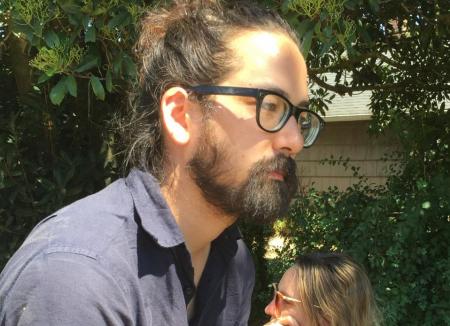
Why resurrect it all now. From the Past. History, the old wound. The past emotions all over again. To confess to relive the same folly. To name it now so as not to repeat history in oblivion. To extract each fragment by each fragment from the word from the image another word another image the reply that will not repeat history in oblivion.
Theresa Hak Kyung Cha, Dictee
There was this place they knew about. I had never been there, yet I had a memory for it.
Rea Tajiri, History and Memory
How do (or can) we write about individuals—ancestors, in particular—whom we never met, but to whom we feel an intense connection? How do (or can) we write about an event or experience—a communal or ancestral trauma, for example—that happened prior to our being born, and yet about which we feel the intimacy and pressure of a memory? And what are the ethics of doing so? This course will explore the poetics of postmemory, which Marianne Hirsch defines as being connected to the past not by recall but by imaginative investment, projection, and creation. We will consider poetry, and writing in general, as a ritual, memorial, and postmemorial space; as a form of reclamation and realization; and as the site of a potential collaboration with the dead. We will consider work by Christina Sharpe, Rea Tajiri, Janice Lee, Brynn Saito, Bhanu Kapil, Don Mee Choi, Marguerite Duras, Roland Barthes, among others. We will write towards uncovering stories in our personal and familial/ancestral lives that remain hidden, buried, forgotten, and/or incomplete. And we will initiate correspondences with our ancestors.
Joe Watson
Free Time: Building a Community of Mentors for Incarcerated Writers
Saturdays, once per month
August 24, September 14, October 26, November 23, December 21, 11 AM – 1 PM
Tuition: Free
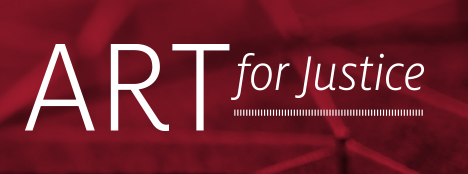
No registration necessary.
Most incarcerated writers are locked up in facilities so rural that they rarely receive the level of mentorship and encouragement beginning writers can easily access in the free world. The University of Arizona Poetry Center's monthly workshop aims to bridge the gap between the inside and outside by teaching community members to be helpful mentors and advocates for criminal justice reform. One Saturday every month, Joe Watson—a local writer, activist and former Arizona Department of Corrections prisoner—will educate workshop participants on life in Arizona’s jails and prisons; lead an exploration of creative writing on issues of mass incarceration and mass criminalization; and teach community members how to engage and critique the works of incarcerated writers through correspondence.

